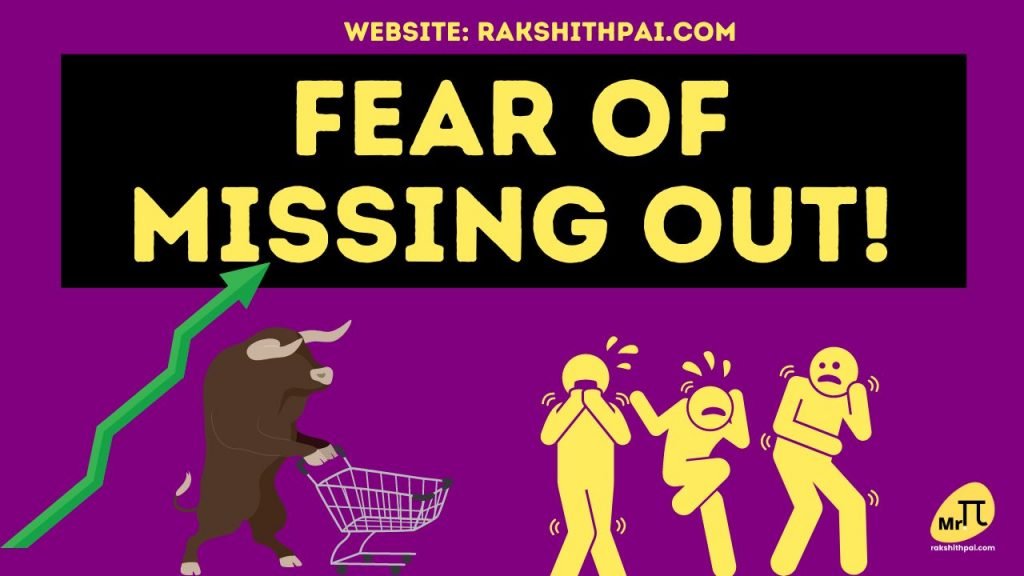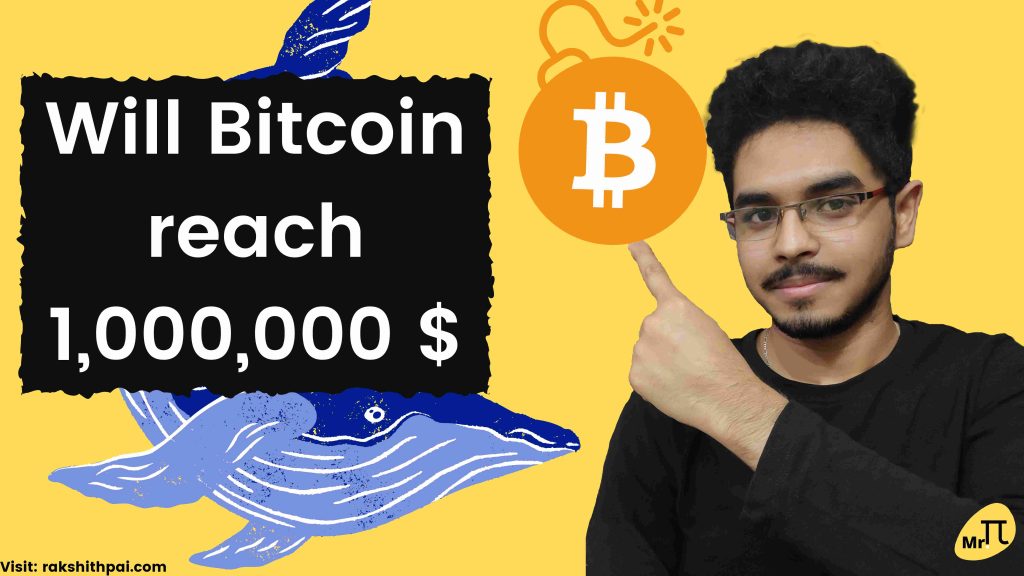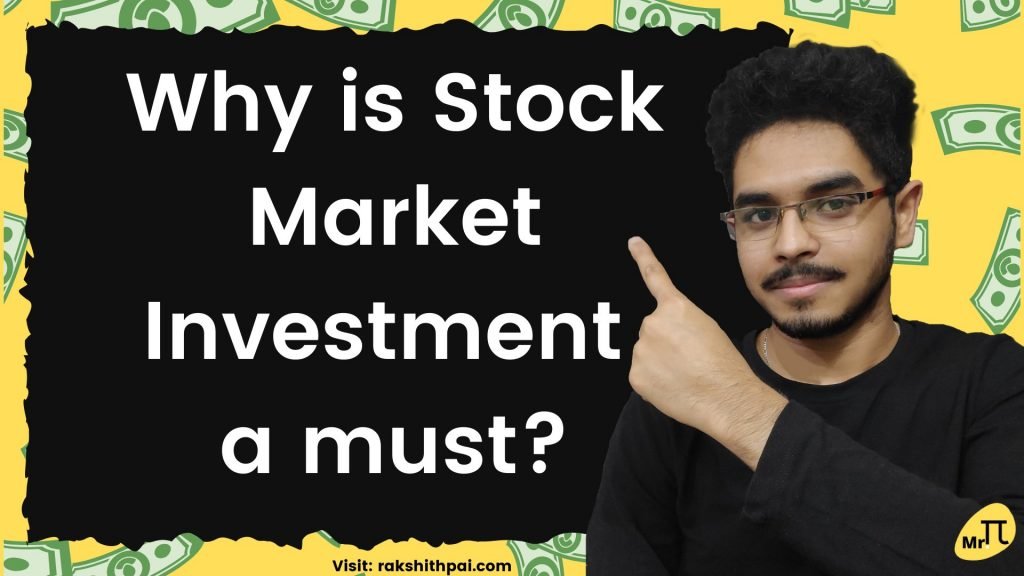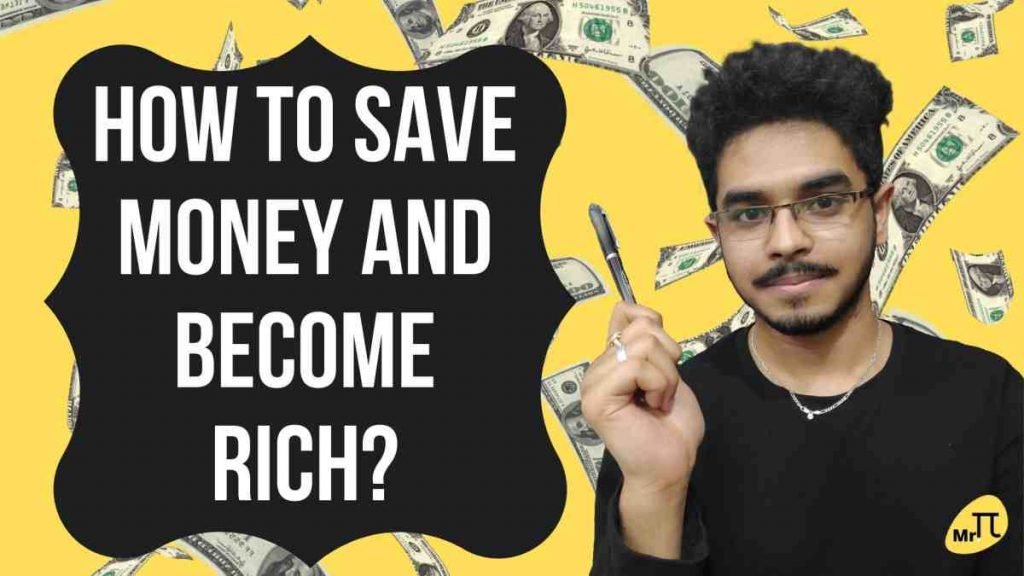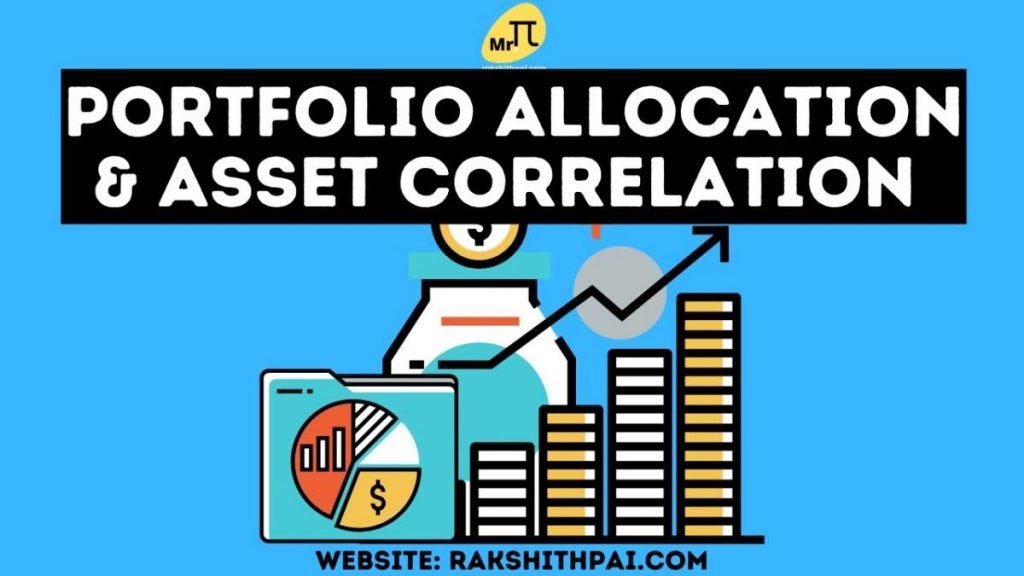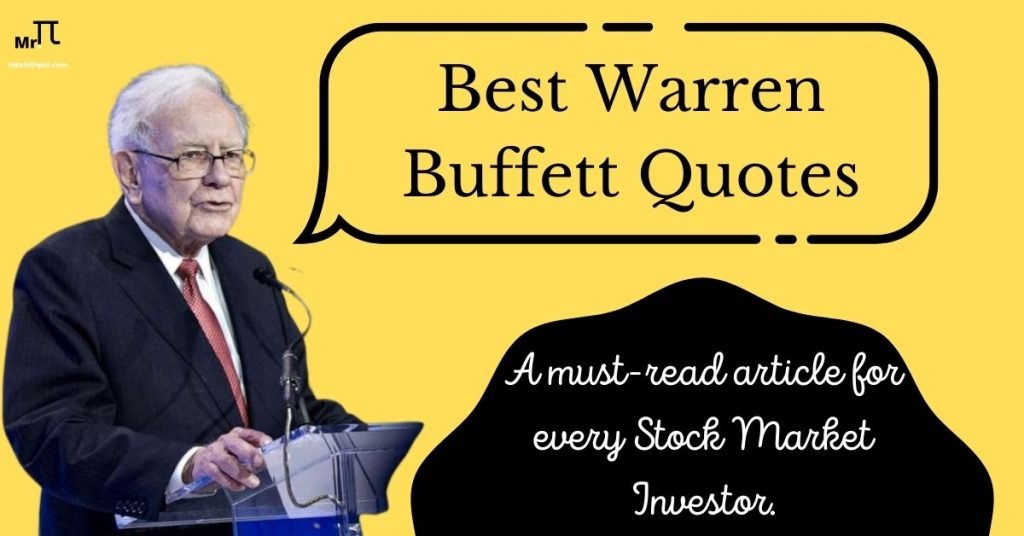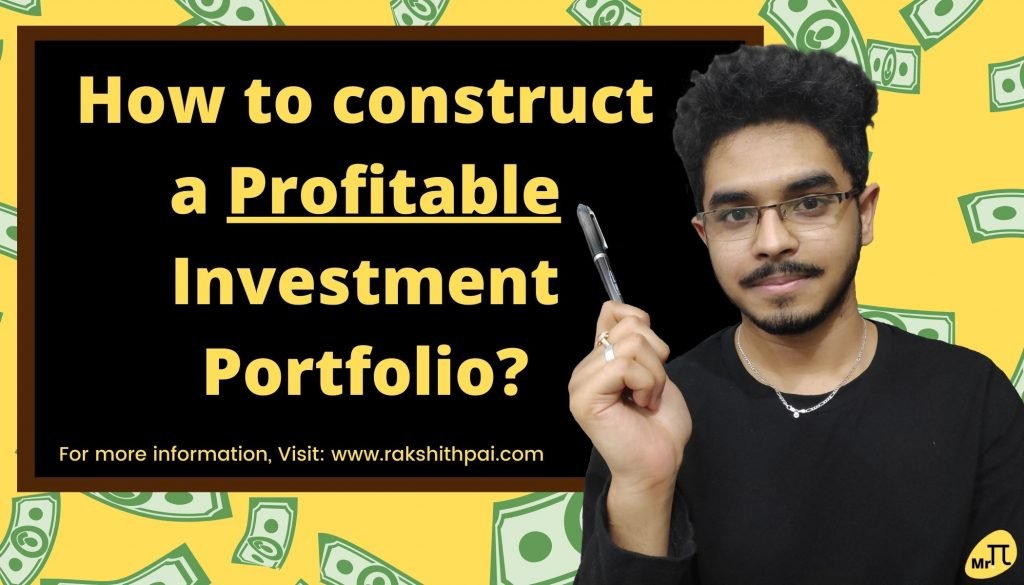Table of Contents
Introduction:
Fear of missing out is the sensation or perception that others are having more fun, enjoying better lives, or experiencing more than you are. It is characterized by a strong sense of envy and has a detrimental effect on self-esteem. It is frequently aggravated by social media platforms such as Twitter, Instagram, and Facebook. Although FOMO is one of the very basic traits of human behavior, it has a detrimental effect on one’s investment journey.
Fear of Missing out or Fear of Missing it out! Either way, when an investor falls into this perceived notion, he makes an ill decision to follow the crowd and gets himself stuck in a position to catch a falling knife just before it slips!
Fear of missing out on the bull run. It is the fear of missing out on the fun which makes any rational investor take steps out of his/her comfort zone. Only to regret it later. Thus, it is said that FOMO behavior is extremely dangerous for your health (cause of anxiety built up) and wealth (cause of irrational investing).
Why do we fear missing out?
The concept of losing out on a good time is not novel in our society. While it is likely that FOMO has existed for millennia (evidence of it may be found in ancient literature), it has only been examined in recent decades, beginning with a 1996 research article by marketing strategist Dr. Dan Herman, who coined the term “fear of missing out.”
However, with the development of social media, FOMO has become more visible and has been examined more frequently. In some respects, social media has amplified the FOMO epidemic. It creates an environment in which you are forced to compare your everyday existence to the high points of other’s lives.
As a result, your perception of “normal” gets distorted, and you appear to be performing worse than your peers. You may see comprehensive photographs of your friends having fun without you, which is something that previous generations may not have been as conscious of.
Social media provides a venue for boasting; it is a place where objects, activities, and even happiness appear to be in competition at times. People are comparing their idealized experiences, which may make you wonder what you are missing.
How to deal with FOMO behavior?
Peter Lynch once said, “In the stock market, the most important organ is the stomach. It’s not the brain.” If a very smart individual with an extremely high IQ enters the stock market with a low EQ, that is emotional quotient or emotional intelligence, then, he/she is destined to fail in equity investing. Because, no matter how smart one is, he/she needs to be a “sane investor with a balanced mindset” and must take rational decisions at all times.
According to research, a fear of missing out might come from discontent and dissatisfaction with life, which can drive us to increase our social media usage.
Increased participation on social media, on the other hand, can make us feel worse about ourselves and our circumstances, rather than better. In this manner, it’s beneficial to understand that our efforts to ease FOMO might actually result in behaviors that exacerbate it. Recognizing the source of the problem, on the other hand, might be a critical first step toward resolving it. The following may be of assistance.
Gain Knowledge:
As it’s said, “a half-filled bottle makes more noise”. It’s the half-knowledge that creates issues. Hence, it is extremely important for each of us to gain knowledge in our respective field of work ad be better at what we do. Life is an endless journey until it isn’t. Hence, throughout the journey, we keep learning one way or the other and keeping going forward!
A pro tip! Have an open mind at everything you see and you’ll be able to grasp more information at ease.
We are all the same in utter darkness; it is only our knowledge and wisdom that distinguish us. Do not let your eyes deceive you. Understanding your own darkness is the most effective way to deal with the darkness of others.
Seek Spiritual guidance:
Spiritual guidance is fundamentally the process and experience of receiving heavenly counsel. The practice of communicating with a higher power has existed throughout human history and is evident in practically every belief system. You need not be completely devotional.
Just accept the fact that there’s something to someone out there who is divine. And, take blessings from what you got and have a sense of satisfaction and courage that you’ll be taken care of. A sense of courage is extremely important here. Because with courage you are able to deal with situations at hand better.
Gratitude:
According to research, doing gratitude-enhancing activities such as gratitude writing or just telling others what you admire about them can help boost your own and everyone else’s emotions. This is partly because it’s more difficult to feel deprived of the things you need in life when you’re focused on the riches you already possess. Additionally, it holds true since making others happy makes us happy.
A mood boost may be precisely what you need to alleviate depression or anxiety. When you know how much you already have, you are unlikely to be enticed to go down the rabbit hole of social networking and FOMO. You will begin to feel as though you have all you need in life, and others will as well. This can be quite beneficial for your mental and emotional well-being.
FOMO in Stock Market!
At times when the market seems to be overly depressed or overly cheerful and optimistic, it is in the very nature of the market to emit such false signals. And, a mature investor will look past these wrong signals and keep calm.
How FOMO kills Investors and Traders?
FOMO is motivated by two emotions: fear of loss and fear of being excluded from the group. Fear of losing arises when investors observe others profiting.
The fear of not being accepted as a member of the group occurs when you believe that everyone knows something you do not. We exacerbate this worry by suspecting others of deception or hiding facts.
Fraudsters adore FOMO because it enables them to sell confidential information or procedures. Con artists exploit FOMO to promote “beat-the-market strategies” based on “secret knowledge,” they say affluent investors possess. Especially in a bull market, people want to make quick money, and thus, two groups take birth. One set will pump the stocks, operator’s gameplay, and start marketing them to be the next multi-bagger, while the other group gets this message via SMS, phone call, or other social media network and falls for the trap!
Fear of Missing Out is a universal emotion shared by all humans. According to ADWEEK, 56% of social media users and 69% of Millennials, those aged 25-40, claim to have experienced FOMO. At some point, all investors will experience FOMO. A liar is an investor who asserts that he or she is immune to FOMO.
Investors must learn to regulate their FOMO, as it results in rash and impulsive decision-making. Brokers, fraudsters, and marketers are all aware of the power of FOMO and exploit it to defraud investors. Brokers promote FOMO because they profit from investors trading. Brokers are unconcerned with the investor’s profitability because they are compensated every time a person buys or sells a stock. The more stocks an individual purchases or sells, the more profit the brokerage earns.
Digital technology exacerbates the problem by encouraging FOMO through investment programs such as Robinhood and the Cash App. According to opponents such as Matt Taibbi, Robinhood promotes reckless decision-making and mindless trading.
How to deal with FOMO in Stock Market?
By far, the most effective technique for avoiding FOMO in stocks is to develop an investing strategy, formalize it, and adhere to it (For more information, click here!) Successful investors, whether they are hedge fund managers or individual investors, employ a trading or investment technique and stick to it as long as there’s no need for change.
There are numerous strategies for profiting in the stock market, ranging from value investing to income investing, growth investing, and trading. Each strategy will require a unique plan with unique stock selection criteria. Once you have a strategy that you believe in, preferably one that has been back-tested and proven to work overtime, you can follow it and begin building your stock portfolio. Once you’ve accomplished this, you’ll enjoy a sense of security that alleviates your dread of losing out.
Warren Buffett, the world’s most successful value investor, avoids FOMO by avoiding the news. Mr.Buffett is well-known for ignoring financial news while selecting stocks. In a 2019 CNBC interview, Buffett stated that his Berkshire Hathaway (BERK.B) staff is more concerned with the prices of the things they do than with current events. Buffett and his team make judgments based on financial statements and stock prices, not on news.
Buffett recognizes that “news” feeds FOMO by focusing exclusively on the most exciting aspects of investing. Journalists, for example, report only on equities that see significant price fluctuations.
By fabricating a sense of impending disaster or sudden fortune, this method generates FOMO. Investors who follow news channels are frequently exposed to stories about hot initial public offerings, unexpected price hikes, and other exciting happenings. Producers gravitate toward those narratives because they garner attention.
Conclusion:
Avoiding FOMO by avoiding news channels and ignoring financial news on social media are two effective strategies. Constant exposure to financial news feeds FOMO, as brokers understand how to use journalists to encourage FOMO and boost stock sales. Journalists participate because FOMO enables them to get more attention and earn more money.
Buffett understands that news companies are in the business of attracting attention, not of providing facts. Producers, editors, journalists, and media executives are well aware that more attention results in increased subscriptions and advertising revenue. Newspapers earn money from advertising and subscriptions. He understands the news since he spent 45 years in the newspaper business. Buffett acquired newspapers in order to profit from subscriptions and advertising.
Buffett limits his news consumption because he recognizes that the news presents an incomplete, simplistic, and misleading picture of events, which promotes FOMO. By restricting your news consumption, you can avoid FOMO. And, this seems to work well for everyone if they follow.
And, my advice to the retail investor apart from the usual, “avoid the crowd”. I say, “Have a portion of your investments in index funds or ETF’s and do not stop this investment no matter where the market is.” Even if we are in the midst of a war! and your investment every month on the 5th date is due. You invest! Because, in the long run, the market will go a long way up and it is the short run where we see sideways and dropdowns.
For more information, check our YouTube video:
Disclaimer: All the information on this website is published in good faith and for general information purpose only.

